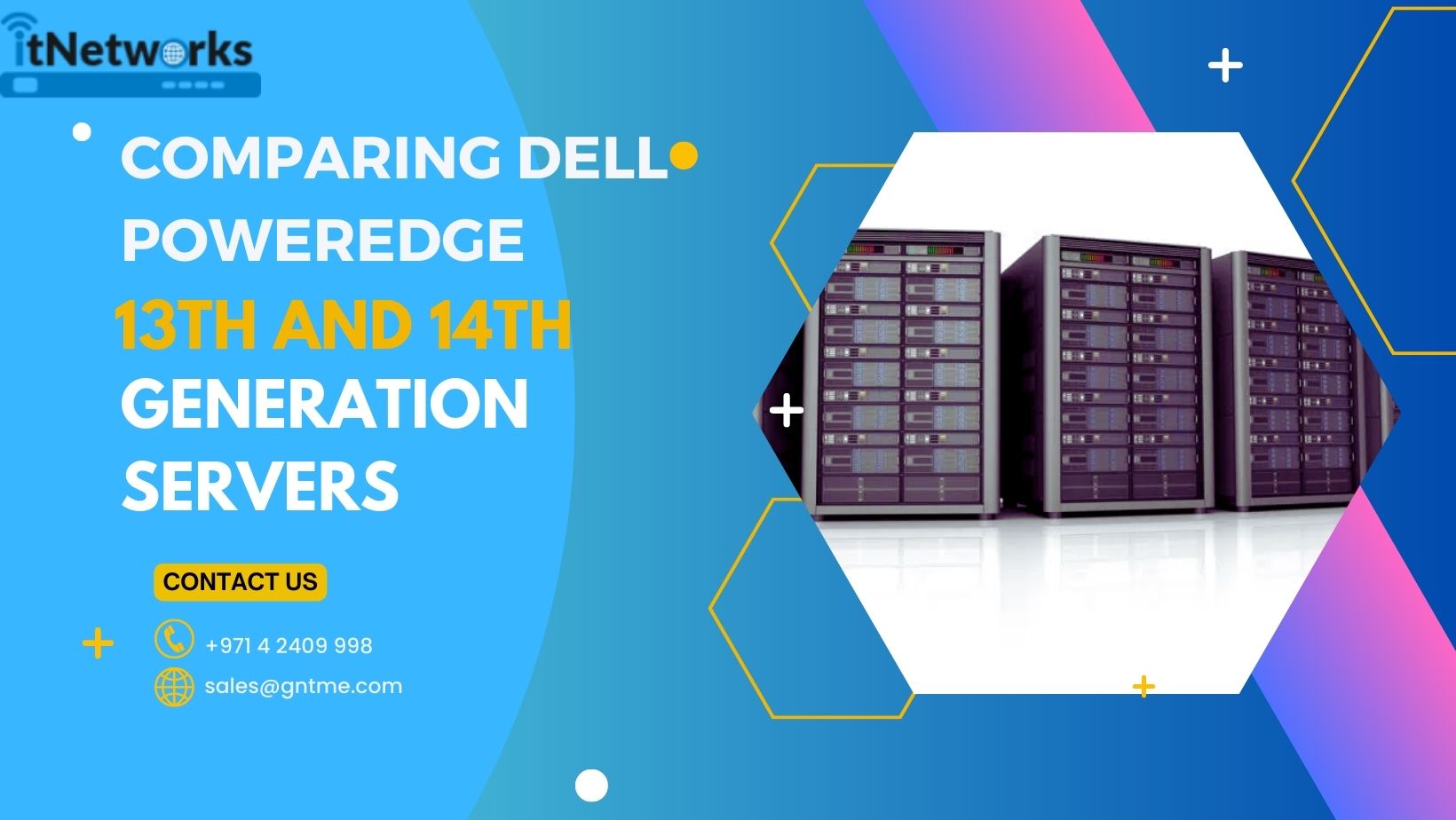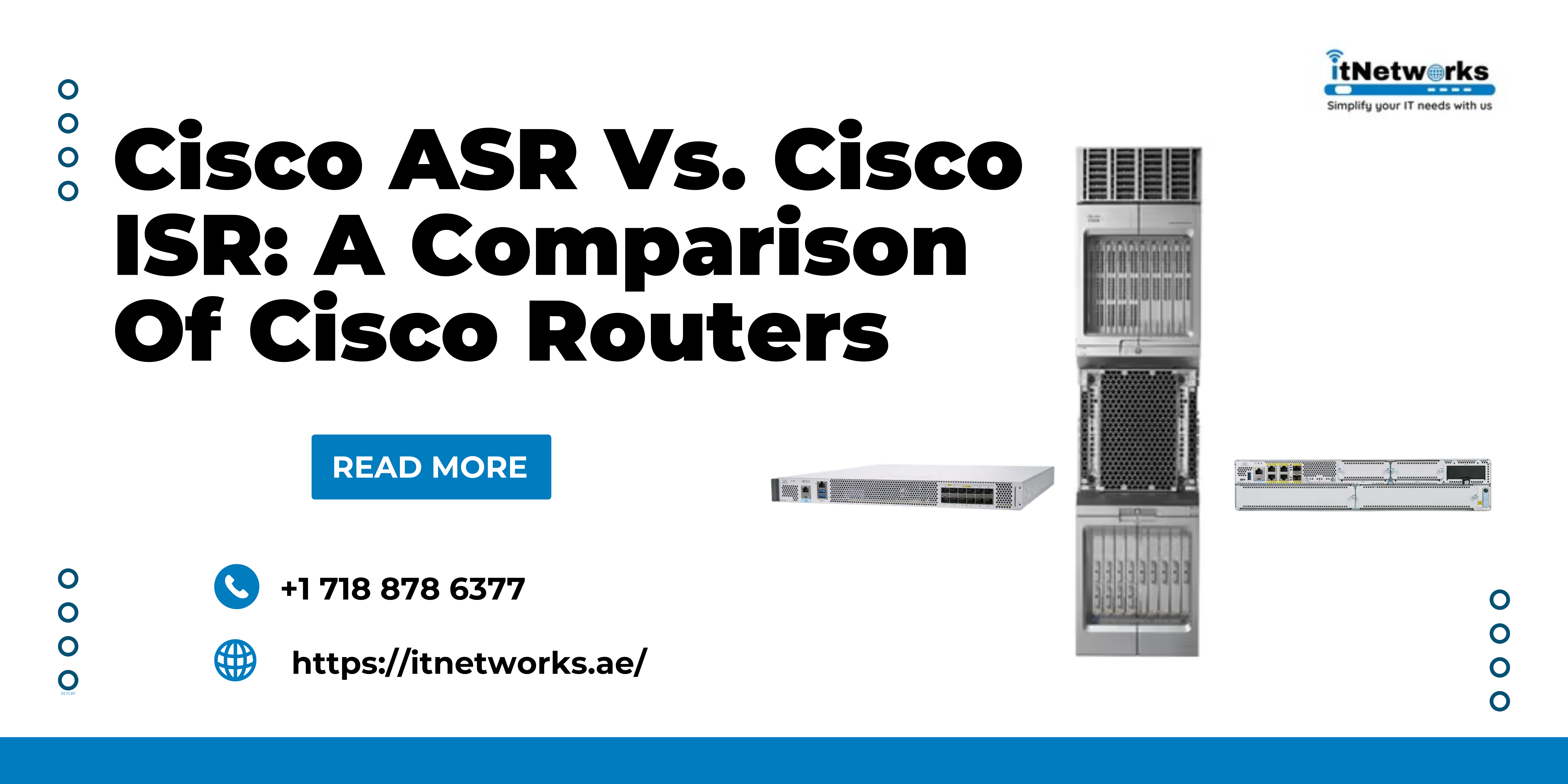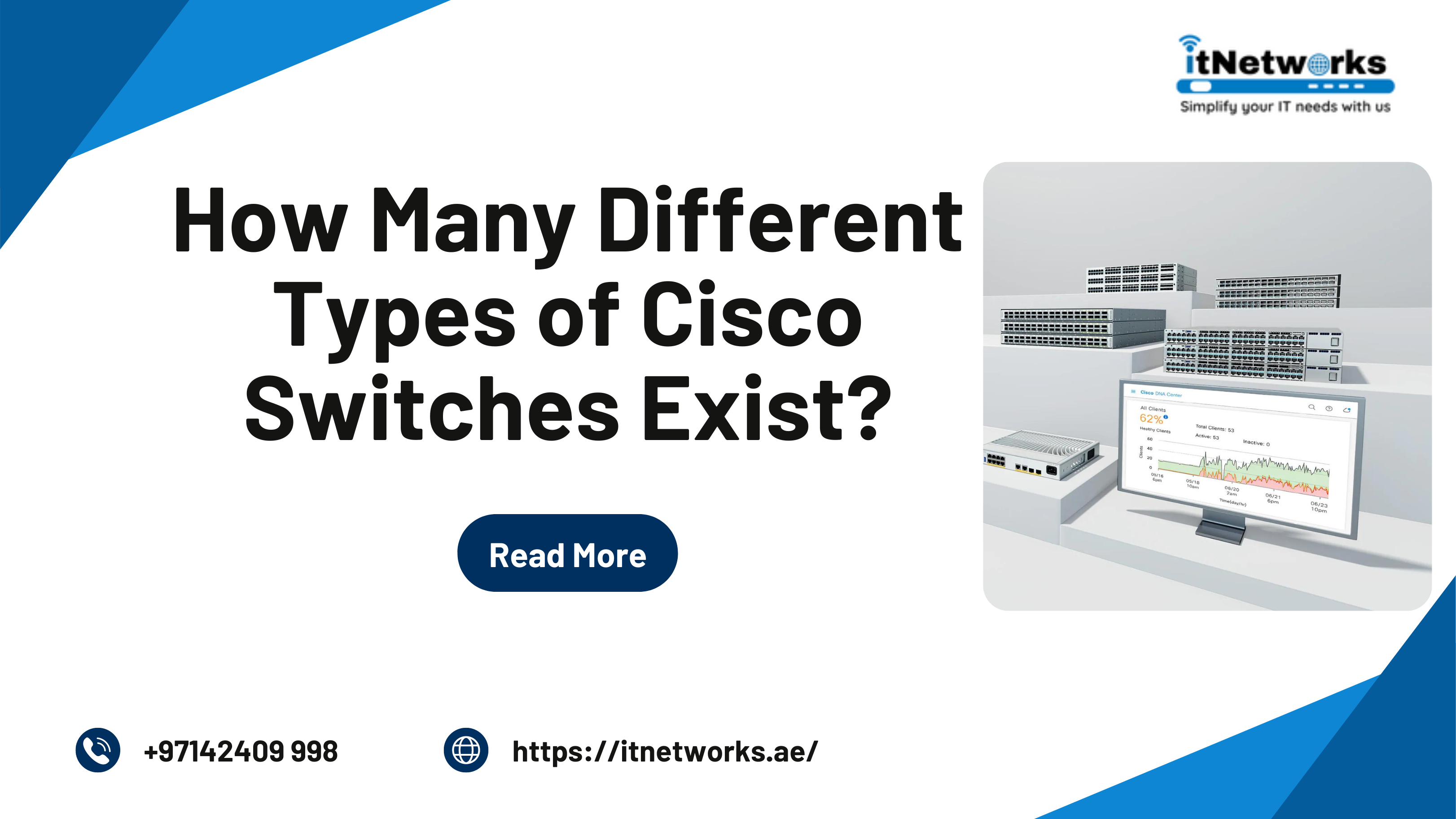Comparing Dell PowerEdge 13th and 14th generation servers
If you are looking for renowned and high-performing servers for your business, then nothing can be better than Dell PowerEdge servers. Not one or two, but Dell has released several generations of PowerEdge servers in these years with different features and improvements for you and your business.
Talking about the latest one, it’s none another than the 14th generation. But, many people are doubtful of switching from 13th generation to 14th generation Dell PowerEdge servers.
Here, we will find out how the 13th and 14th generation Dell PowerEdge servers are similar and different.

Differences and similarities between 13th and 14th generation Dell PowerEdge servers
Processor and Memory:
The CPU and memory capacities are one of the most important distinctions between the Dell PowerEdge 13th and 14th generation servers. The most recent Intel Xeon scalable processors, which provide a substantial performance improvement over the previous generation, are included with the 14th generation servers. Also, the 14th generation servers support up to 24 DIMMs per server, as opposed to 16 DIMMs per server in the 13th generation, thanks to their increased memory channels.
Storage:
The storage capacities between the two generations are another key distinction. Since there are more storage bays in the 14th generation servers, more drives can be added. Other than this, NVMe SSDs, which provide higher data transfer speeds than conventional SSDs, are supported by the 14th generation of servers. On the other side, NVMe SSDs are not supported by the 13th generation of servers.
Management and Security:
The iDRAC (Integrated Dell Remote Access Controller) technology used in the Dell PowerEdge 13th and 14th generation servers enables remote server control and monitoring.
On the other hand, the 14th generation servers include an enhanced version of iDRAC that comes with extra security features including secure boot and system lockout.
Power Efficiency:
In comparison to the 13th generation servers, the 14th generation servers are more power-efficient. This is accomplished through several characteristics, including enhanced cooling systems and more effective power supplies. The 14th generation servers as a result use less energy and produce less heat, which can result in cheaper running costs and a smaller carbon impact.
Expansion Capabilities:
Compared to the 13th generation servers, the 14th generation servers are more capable of expansion. For instance, the 14th generation of servers has additional PCIe slots, enabling the addition of more expansion cards. The OpenManage Enterprise Modular Edition, a new feature of the 14th generation servers, enables the simple integration of third-party management solutions.
Examples of Dell PowerEdge 13th generation servers
- Dell PowerEdge R730: The Dell PowerEdge R730 Server can accommodate almost any workload with its scalable design that incorporates a balanced combination of memory, storage, processing power, and GPUs. It is compatible with the Intel Xeon processor E5-2600 v4 product family, as well as the Intel C610 series chipset, and has a memory capacity of up to 1.5TB using 24 DIMM slots. The memory modules can range from 4GB to 64GB of DDR4 memory, with a maximum speed of up to 2400MT/s.
- Dell PowerEdge R530: The Dell PowerEdge R530 Server is a robust 2S/2U rack server that delivers balanced performance and midrange scalability. It is powered by the Intel Xeon processor E5-2600 v4 product family and has 2 processor sockets. The server is equipped with the Intel C610 series chipset and can support up to 5 PCIe slots that are half-length and low-profile. These slots include 3 PCIe 3.0 and 2 PCIe 2.0.
- Dell PowerEdge T630: The Dell PowerEdge T630 Server is a versatile server that can handle a diverse range of demanding workloads, thanks to its flexible design that delivers peak 2-socket performance and an extensive internal storage capacity. It is equipped with an Intel Xeon processor E5 2600 v4 product family processor and has a 5U chassis. The server can support up to 1.5TB of memory using 24 DIMM slots, with memory modules ranging from 2GB to 64GB of DDR4 memory and a maximum speed of up to 2400MT/s.
Examples of Dell PowerEdge 14th generation servers
- Dell PowerEdge R740: The Dell PowerEdge R740 servers are intended to enhance application performance by taking advantage of accelerator cards and storage scalability. The 2-socket, 2U platform has a well-balanced allocation of resources to support even the most demanding environments.
- Dell PowerEdge R640: The Dell PowerEdge R640 is a dual-socket platform that is ideal for dense scale-out data center computing and storage. This platform offers flexibility in terms of drive size, with options for both 2.5" and 3.5" drives. It also provides high performance through the use of NVMe and embedded intelligence that ensures optimized application performance in a secure environment. The R640 also comes with embedded diagnostics and SupportAssist, which helps to deliver maximum uptime in a worry-free environment.
- Dell PowerEdge T640: The Dell PowerEdge T640 is a highly versatile and powerful server that is perfectly suited for mid-sized offices, remote sites, and data centers. This server combines powerful performance with a significant internal storage capacity, all housed within a rack or tower platform. With its flexible storage, performance, and I/O options, the T640 is capable of addressing a wide range of workloads while also ensuring that your data center is future-proofed.
What should you choose?
Regardless of your choice, both Dell's 13th and 14th generation servers offer a highly robust architecture to cater to your needs. The 13th generation server delivers most of the functionality found in a 14th generation server but comes at a lower cost. If your data center utilizes numerous applications that impose excessive stress on your machine, a 14th generation server would be preferable as it offers a more robust capability to troubleshoot unforeseen problems. However, in most data centers, these issues will not arise, and you can achieve the same functionality at a lower price by opting for a 13th generation server.
To know more about Dell PowerEdge 13th and 14th generation servers, please get in touch with us via WhatsApp at +971585811786.





